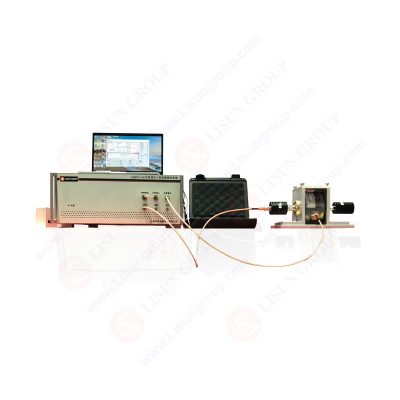
What Is A Bulk Current Injection:
High current injection is a testing technique in automotive electronics used to verify whether a product will experience functional degradation or exceed tolerance limits when subjected to electromagnetic interference of different frequency ranges. This test is commonly encountered in EMC testing for automotive electronics, as in actual vehicle scenarios, the connecting cables for different onboard components are often bundled together.
This leads to the coupling of electromagnetic interference signals of different frequencies, which in extreme cases, can result in failure of the affected components, posing a risk to the safety of the vehicle. Hence, the purpose of high current injection testing is to simulate the injection of RF signals onto the power or signal lines of the product being tested in order to verify whether its function will degrade or its performance indicators will remain within tolerance limits.
High current injection testing is a commonly used method and has widespread applications in electromagnetic compatibility (EMC) laboratories. It is mainly used to measure the EMI/RFI disturbance characteristics of devices in the high frequency to ultra-high frequency range. In practical applications, high current injection testing can be used to evaluate the relative compatibility between equipment and other electronic devices or systems. It does so by injecting high voltage and high frequency currents onto cables to simulate electromagnetic coupling between devices and determine the equipment’s resistance to interference.
Principle of Bulk Current Injection Test System(BCI):
The principle of Bulk Current Injection Test System(BCI) is based on the use of current injection probes.
https://www.lisungroup.com/news/technology-news/exploring-what-is-a-bulk-current-injection-a-deep-understanding-of-the-working-principles-and-applications-of-bulk-current-injection-test-system%ef%bc%88bci%ef%bc%89.html
.jpg)
Comments
Post a Comment